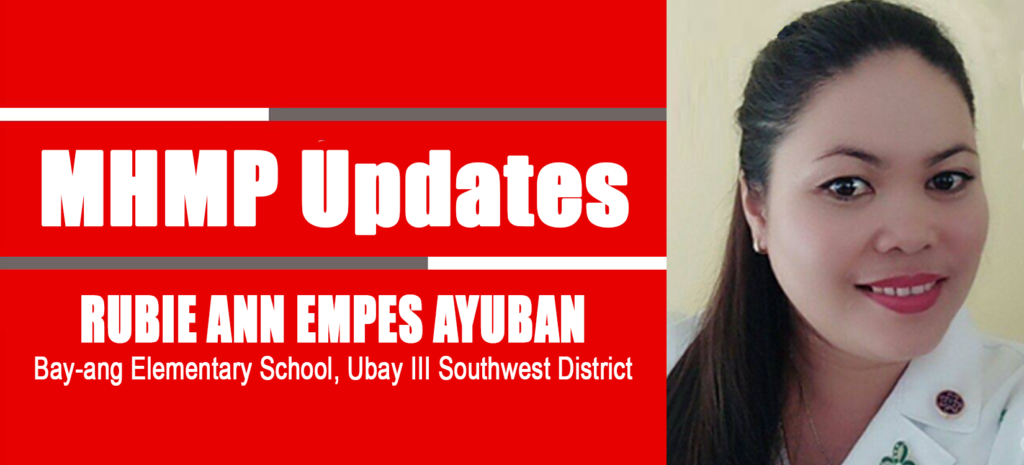
“COMMUNITIES of Practice (CoP) are groups of people who share a concern, a set of problems, or a passion about a topic, and who deepen their knowledge and expertise in this area by interacting on an ongoing basis.”― Etienne Wenger, Cultivating Communities of Practice: A Guide to Managing Knowledge.
It has been said that learning by doing is one of the best ways to enhance knowledge, competence, skills, and attitudes among learners. Learning is a continuous process. Therefore, even professionals like teachers and those who are engaged in teaching-related activities need to actively engage in a community that is geared towards developing and enhancing their abilities to become competent, committed, and dedicated school managers. There is a need to build communities of practice to ensure that learning takes place in a non-expensive manner.

Communities of Practice define themselves along three dimensions:
1). There needs to be a domain. A CoP has an identity defined by a shared domain of interest (e.g. SHS English teachers, Science class advisers, Education supervisors, etc.) Membership implies a commitment to the domain. They value their collective competence and learn from each other, even though few people outside the group may value or even recognize their expertise.
2) There needs to be a community. In pursuing their interest in their domain, members engage in joint activities and discussions, help each other, and share information. They build relationships that enable them to learn from each other.
3). There needs to be practice. Members of a CoP are practitioners. They develop a shared repertoire of resources: experiences, stories, tools, and ways of addressing recurring problems –in short, a shared practice. This kind of interaction needs to be developed over time. (LisQup: Module 7)

The Department of Education (DepEd) Order No.. 35 s. 2016 entitled “The Learning Action Cell (LAC) as a K to 12 Basic Education Program School-based Continuing Professional Development Strategy for the Improvement of Teaching and Learning” supports the continuing professional development of teaching personnel based on the principle of lifelong learning and DepEd’s commitment to the development of teachers’ potential aimed towards their success in the profession. This is done through the school-based LAC, which primarily functions as a professional learning community for teachers that will help them improve practice and learner achievement. (DO No, 35, s. 2016).
This “Communities of Practice” (CoP) is a contextualized concept of LAC sessions as provided in DepEd Order No. 35, s. 2016. SDO Bohol is very fortunate to be a pilot division in the implementation of LAC sessions through the BASA Pilipinas Project, funded by the United States Agency for International Development. USAID. SDO Bohol Education Program Supervisors, Public School District Supervisors, Elementary School Principals, and teachers handling kindergarten and primary school learners were provided training in the conduct of LAC sessions.

